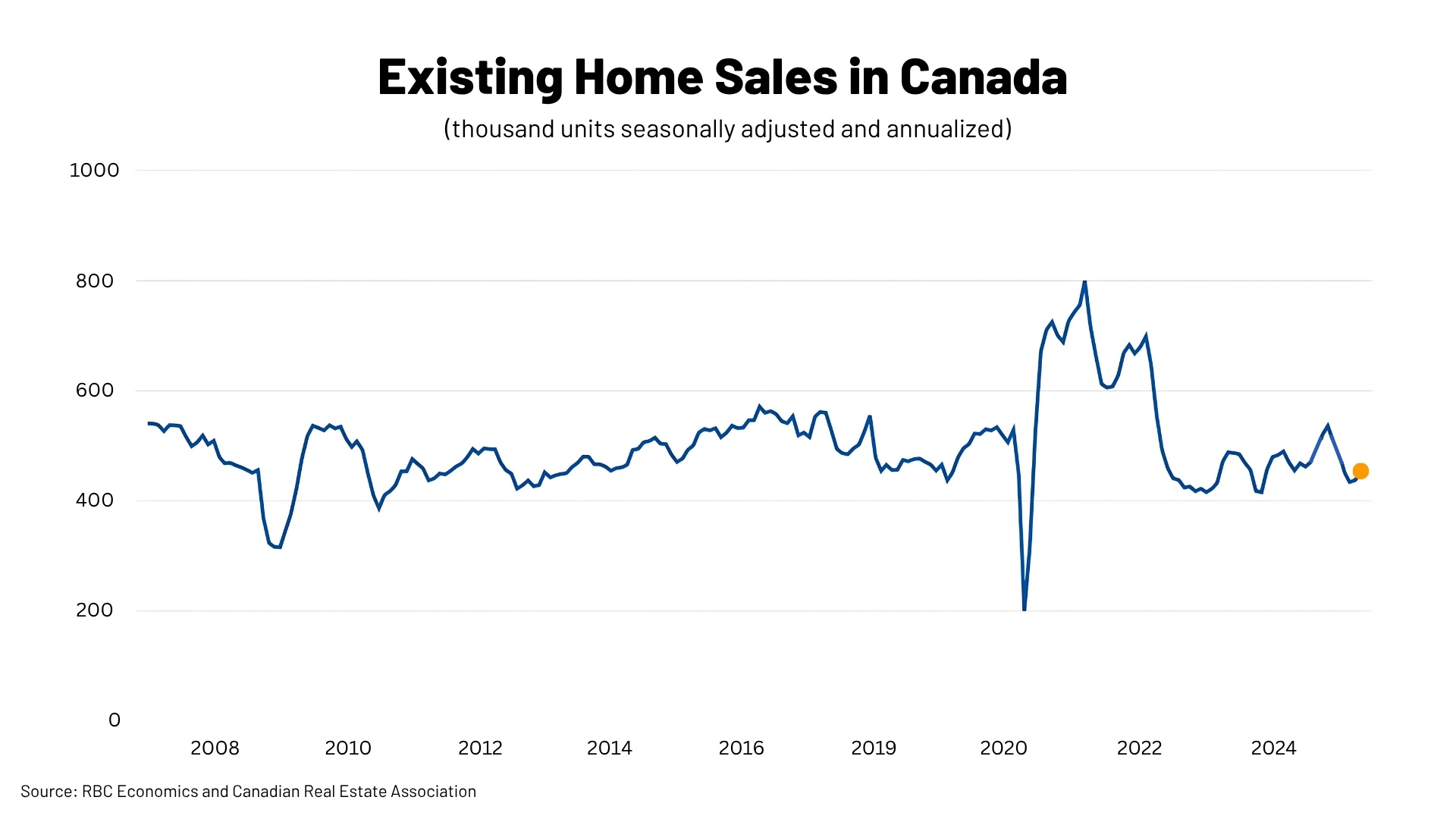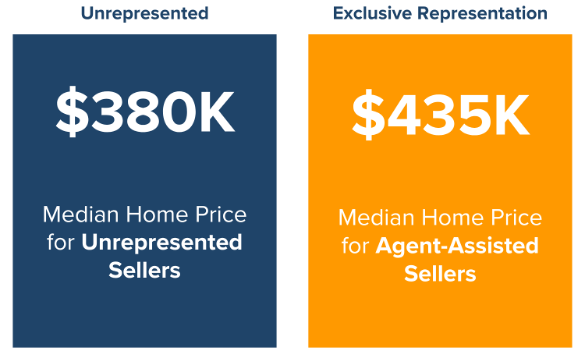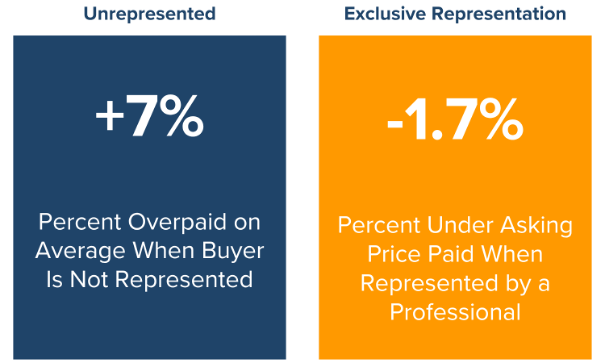

July 1st isn’t just Canada Day—it also serves as a pivotal checkpoint for assessing how 2025 has unfolded so far and what might be coming in the months ahead.
Canada’s real estate market remains shaped by economic uncertainty, fluctuating interest rates, and global trade tensions. However, a recent rise in existing home sales suggests a more positive shift may be underway.1
Whether you’re considering buying a home, selling, or simply evaluating your next steps, understanding today’s market is essential. In this comprehensive market update, we examine four key factors influencing today’s housing market and provide actionable strategies for navigating these evolving conditions.
MARKET REMAINS SUBDUED, BUT THERE ARE EARLY SIGNS OF RECOVERY
After declining in the first part of the year—primarily due to market uncertainty and an ongoing trade dispute with the U.S.—Canadian home sales rose 3.6% between April and May, marking the first monthly gain in national activity since November 2024, according to the Canadian Real Estate Association (CREA).2,3 This subtle but significant uptick was largely driven by increased sales in Toronto, Calgary, and Ottawa.3
“May 2025 not only saw home sales move higher at the national level for the first time in more than six months, but prices at the national level also stopped falling,” said CREA Senior Economist Shaun Cathcart. “It’s only one month of data … but there is a sense that maybe the expected turnaround in housing activity this year was just delayed for a few months by the initial tariff chaos and uncertainty.”3
What it means for you: While it’s too early to declare a full rebound, this shift could signal renewed momentum heading into the summer and fall. Buyers may want to act before prices begin to climb again, while sellers should be prepared for a potentially more competitive market in the months ahead. We can help you assess the right time to make a move.
FIXED MORTGAGE RATES OFFER SOME STABILITY
Heading into the second half of 2025, mortgage rates remain top-of-mind for many Canadians. A growing number are opting for fixed-rate mortgages over variable options, not because they’re dramatically cheaper—but because they offer predictability during an uncertain time.4
“We all hoped that rates would be a lot lower by now, but with Trump in office there’s just too much uncertainty,” notes Victor Tran, a mortgage and real estate expert with RATESDOTCA. “People don’t want to deal with that, and going for a fixed rate could be a safer bet.”4
Economists’ predictions are mixed as to whether the Bank of Canada will cut its overnight rate again before the end of the year. Persistent inflation, along with trade-related economic risks, may continue to limit the scope and speed of any reductions.5
What it means for you: For buyers or homeowners considering refinancing, now is a critical time to speak with a mortgage advisor. Understanding your borrowing power and options can help you act with confidence. We’d be happy to refer you to a trusted mortgage professional in our network.
A RETURN TO BALANCED INVENTORY IN SOME AREAS
After several years of tight inventory conditions, Canada is slowly seeing a more robust supply of homes hit the market—though the story varies by region. There were 201,880 properties listed for sale in May, a 13.2% year-over-year increase, though still about 5% below the long-term average.3
With a national inventory of 4.9 months, Canada’s real estate market is currently balanced. This means there’s no strong tilt toward either buyers or sellers nationally, but significant regional differences remain.3
“If you’re looking to buy or sell a property heading into the second half 2025, you’ll need to understand how national trends are or are not playing out locally, so contact a REALTOR® in your area today,” advises CREA Chair Valérie Paquin.3
What it means for you: Whether you’re house hunting or planning to list your home, local market conditions matter more than ever. Having a knowledgeable agent by your side can help you understand supply and demand in your area—and strategize accordingly.
For buyers, we can help identify hidden gems and guide strong offers. For sellers, we can develop marketing strategies to move your home efficiently, even in a competitive landscape.
HOME PRICES PAUSE—BUT NOT ACROSS THE BOARD
Home prices nationally stabilized in May, with the MLS® Home Price Index down just 0.2% month-over-month—a notable slowdown after three consecutive months of 1% declines. However, prices are still down 3.5% from May 2024, and the national average sale price of $691,299 reflects a 1.8% year-over-year dip.3
However, the story differs among regions. According to the Royal Bank of Canada, high-priced markets like Southern Ontario and parts of British Columbia remain especially soft.6
Elsewhere in the country, price trends appear more stable. Prairie cities such as Edmonton, Saskatoon, and Regina, along with markets in Quebec and Atlantic Canada like Quebec City and St. John’s, have held up relatively well. While not entirely insulated from broader economic uncertainty, these areas have thus far avoided the steeper price corrections seen in the most expensive regions.6
What it means for you: If you’re a buyer with flexibility around property type and location, this shifting market could present valuable opportunities—particularly in areas seeing price corrections.
For sellers, understanding local supply and demand is essential, and a tailored strategy may be needed to stand out. We’re here to help you make sense of the data and navigate these conditions with confidence.
LET’S MAKE YOUR NEXT MOVE A SMART ONE
While national housing reports can give you a “big picture” outlook, much of real estate is local. And as local market experts, we know what’s likely to impact sales and drive home values in your particular neighbourhood.
For buyers, this could be the most favourable environment in years. For sellers, the right strategy, price, and timing are more important than ever. And for homeowners, understanding your property’s value in a shifting market can help with decisions about refinancing, renovating, or investing.
The best decision is an informed one, and that’s where a trusted real estate professional comes in. We have the local insight, negotiation skills, and market knowledge to help you succeed—whether you’re buying your first home, selling your third, or simply weighing your next move. Reach out today to start a conversation about your goals and how the current market can work for you.
The above references an opinion and is for informational purposes only. It is not intended to be financial, legal, or tax advice. Consult the appropriate professionals for advice regarding your individual needs.
Sources:
- RBC Economics –
https://www.rbc.com/en/thought-leadership/economics/canadianhousing/monthly-housing-market-update/canadas-housing-market-finds-a-footing-in-may/ - Global News –
https://globalnews.ca/news/11181839/canada-home-sales-april/ - Canadian Real Estate Association –
https://stats.crea.ca/en-CA/ - Canadian Mortgage Professional –
https://www.mpamag.com/ca/mortgage-industry/industry-trends/dont-expect-canadian-mortgage-rates-to-see-a-big-decline-anytime-soon/537204 - Yahoo! Finance –
https://ca.finance.yahoo.com/news/what-will-the-bank-of-canada-do-next-economists-forecasts-are-all-over-the-place-155451996.html - Royal Bank of Canada –
https://www.rbc.com/en/thought-leadership/economics/canadianhousing/special-housing-reports/early-signs-of-renewed-housing-market-confidence-emerge-in-canada/








